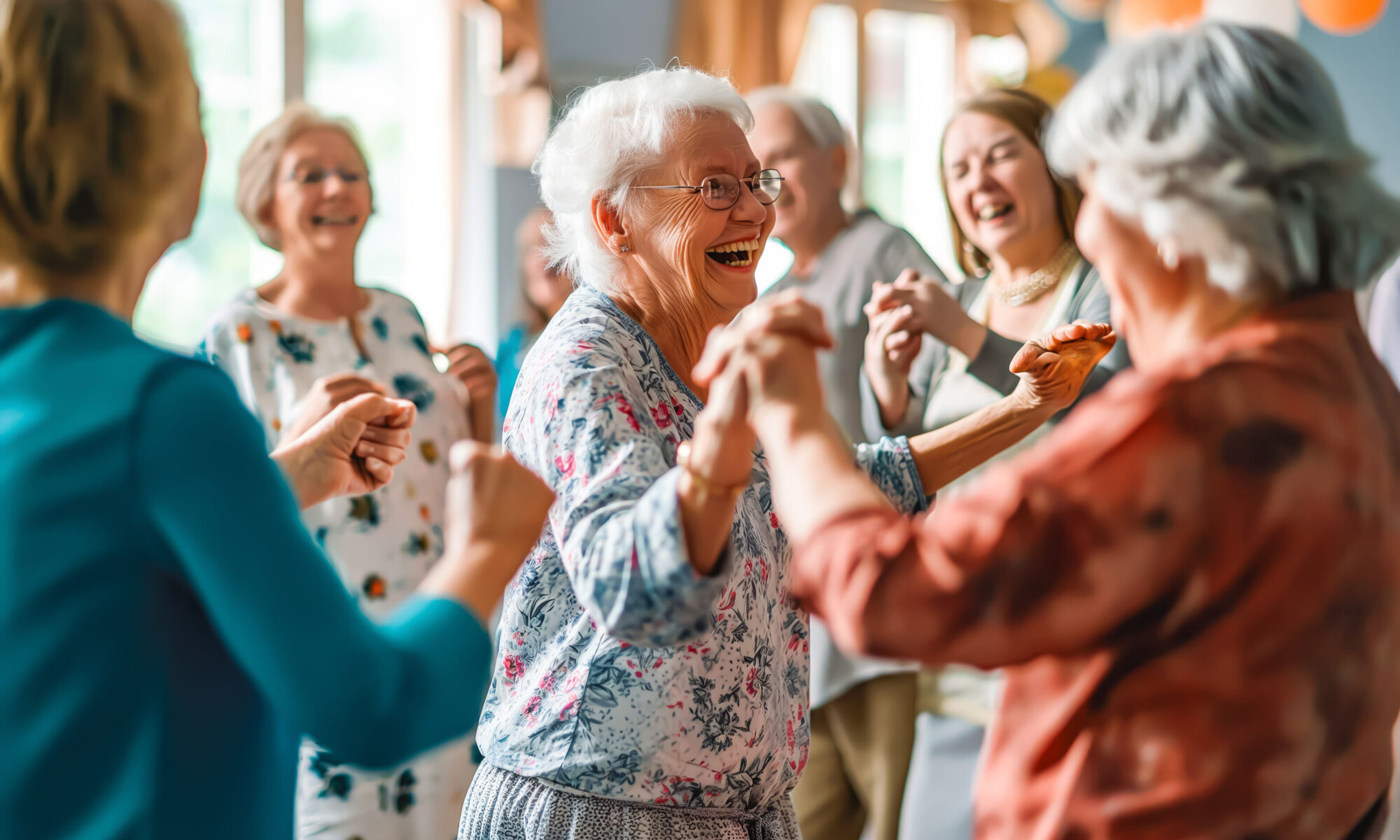
Table of Content
Staying physically active is essential for people of all ages, but it becomes especially important as we grow older. Regular exercise not only boosts overall health but also mobility, mental wellbeing, and quality of life for seniors. However, ensuring safety while encouraging physical activity is key when assisting elderly loved ones.
Consult a Healthcare Professional First
Before starting any physical activity routine, it’s important to consult a healthcare professional. Doctors or physical therapists can assess your loved one’s overall health and recommend exercises or movements that are both safe and beneficial. This step ensures the activities won’t aggravate preexisting conditions, such as arthritis or heart-related issues. It’s also an opportunity to identify any physical limitations and work around them to create a tailored plan that suits your loved one’s needs.
There are a variety of age-related health conditions that can make it more challenging for seniors to live independently. However, many of the challenges they face can be easier to manage if their families opt for professional home care. Oklahoma City families can rely on expertly trained caregivers to keep their loved ones safe and comfortable while aging in place.

Start with Low-Impact Exercises
Low-impact exercises are ideal for seniors as they minimize stress on the joints while still providing numerous health benefits. Activities such as walking, swimming, or cycling on a stationary bike are great options. Chair exercises or yoga can also cater to those with limited mobility or balance issues. These types of exercises boost cardiovascular health, flexibility, and muscle strength while keeping the risk of injury low.
Home care experts are available to provide high-quality care to seniors on an as-needed basis. From assistance with mobility and exercise to providing transportation to the doctor’s office and social events, there are a variety of ways professional caregivers can help your aging loved one continue to live independently.
Encourage Consistency, Not Intensity
Consistency is more beneficial than high-intensity workouts for elderly individuals. Encourage your loved one to engage in physical activity regularly, even if it’s just a 15- to 30-minute session daily. A steady routine builds strength and endurance over time without overexertion. Regularity also establishes a habit, making it easier to stick to a fitness plan without feeling overwhelmed.
Prioritize Balance and Strength Training
Falls are one of the leading causes of injury among older adults. Incorporating balance and strength training into their exercise routine can significantly reduce the risk of falls. Simple balance exercises like standing on one foot or heel-to-toe walking can work wonders. Strength training using resistance bands, light weights, or even bodyweight exercises can help seniors maintain muscle mass and bone density, which naturally decrease with age. Always ensure proper form and supervision to prevent injuries.
Create a Safe Exercise Environment
Safety should always be the top priority when encouraging physical activity for your loved one. Ensure the exercise space is free from clutter, slippery surfaces, or hazards that could cause accidental falls. If outdoor activities are planned, consider weather conditions and provide appropriate clothing and footwear to suit the environment. Additionally, keep water nearby to promote hydration and monitor your loved one’s exertion levels to avoid overdoing it. If your senior is also showing signs of poor appetite or refusing meals, don’t miss our guide on What to Do if an Aging Parent Won’t Eat for helpful solutions.
Make It Enjoyable and Social
Physical activity is more likely to be effective when it’s enjoyable. Help your loved one choose activities he or she finds fun or engaging, such as dancing, gardening, or even group exercises at a local community center. Participating in group activities not only provides motivation and accountability but also fosters social connections, further benefiting mental health and emotional wellbeing.
By focusing on safety and tailoring activities to his or her preferences and abilities, you’ll ensure your loved one can reap the many benefits of staying physically active in the golden years.
Getting regular exercise make it easier to remain independent. Living independently is important for seniors who want to maintain a high quality of life. For some, this simply means receiving help with tasks that have become more challenging to manage over time. Even when families have the best intentions, they may not have the time to provide the care their elderly loved ones need and deserve. If your loved one needs help for a few hours a day or a few days a week, reach out to Lifestar Home Care, a trusted provider of hourly care Oklahoma City seniors can depend on. Contact us today to speak with a friendly Care Manager